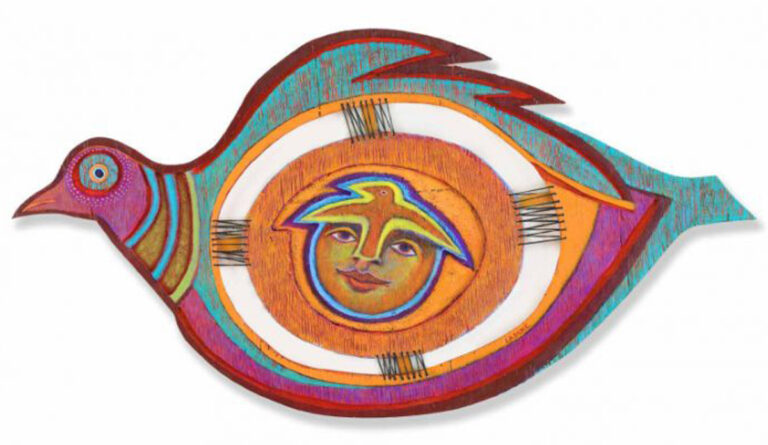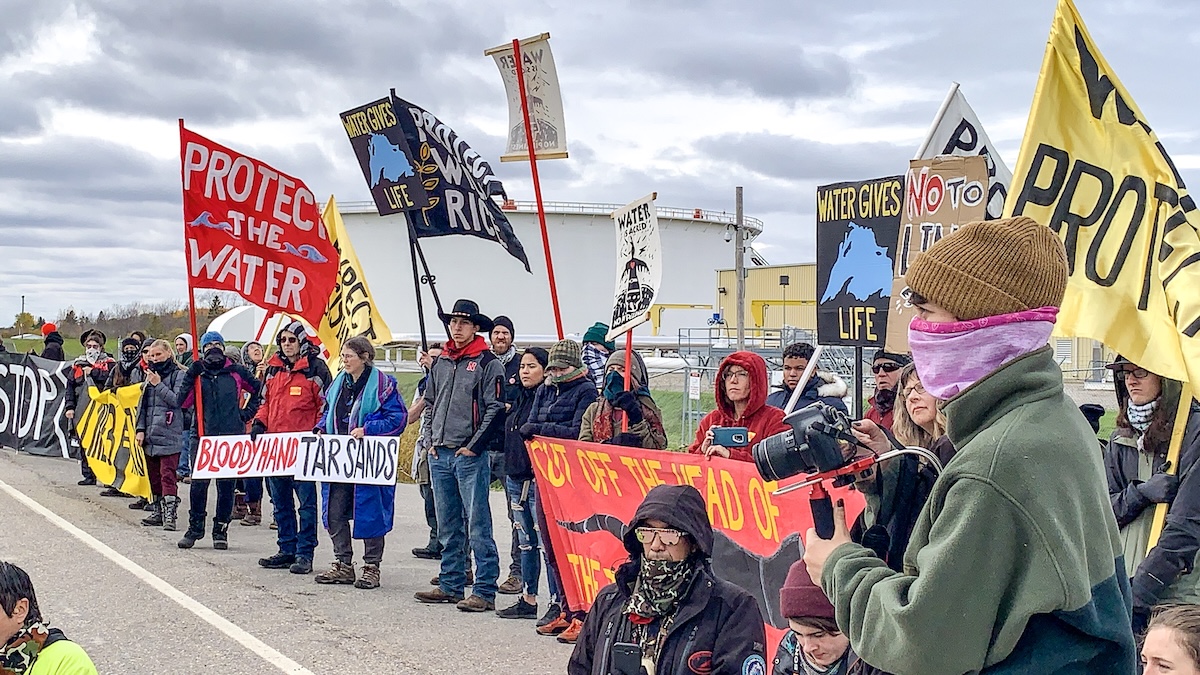Herb Rothschild Jr.: The healing power of ceremony
“The ceremony of innocence is drowned.”
— W. B. Yeats
Here in the Rogue Valley we’re immersed in theater. So it’s hard for us to realize that theater was a cultural rarity before the medieval world gave way to the Renaissance in Europe, and since then few cultures not impacted by the West have developed theater. Throughout history, the vast majority of cultures have been ritual cultures, and the assumptions behind ritual differ radically from those behind drama.
These are the assumptions undergirding ritual:
Beyond the world of individuality and change and accident and death there is a world of enduring being, an unchanging reality.
That world of enduring being gives human life its significance, preventing it from collapsing into confusion, triviality or emptiness.
We can align our everyday world of becoming with the world of being through communal acts ordained by divinity, i.e. rituals, and the alignment will always work as long as we repeat the words and gestures in the prescribed way.
In direct contrast, theater presents stories set in the world of individuality, change, accident, and death. The world on the stage is the world of becoming, not of being. And in that world, there are no guarantees of meaning. For example, people who assume they have a secure place in a world that assures their meaning and value may be abruptly displaced and plunged into despair.
What led me to think about these matters once more was the opening ceremony of our annual Hiroshima-Nagasaki Observance, held in Lithia Park this past Monday. As always, it was moving — the sounding of the gong at 8:15 a.m., when the bomb exploded over Hiroshima; the lighting of the flame, reflecting the flame that will burn in that city until nuclear weapons are abolished; the ladling of water over stones, remembering the dead and the cries for water by those scorched by the heat of a thousand suns; the haunting music of Masako Cross’ harp and voice; the closing Metta Sutta chant led by leaders of the Ashland Zen Center. These orchestrated acts united us in compassion as words alone could not.
Consult a dictionary and you’ll find no effort to distinguish ceremony from ritual. Understandably. Only the participants can know what assumptions they’re acting on during any given ceremony. Mormons believe their temple weddings seal them for eternity. Most of us know the odds are no better than 50-50 that our marriages will last until our lives end on this bank and shoal of time.
The guarantees of ritual disburden individuals of the responsibility to shape their lives and their world, and of both the anxiety and the temptation to power that accompany such responsibility. What a comfort, but it’s a comfort not available to you and me. The world on the stage is the world you and I inhabit, and our world is out of joint. “Oh curséd spite, that ever I was born to set it right.” Our only real choices are Hamlet’s: to question why we have been thrust into the roles we are told to play, and then to play as authentically as we can the roles that most befit us.
What Monday’s ceremony, enacted in the smoke of a burning world, confirmed for me is that each day we must choose between life and death. And when the dominant culture is devoted to death, to choose life means to reject its dominion.


